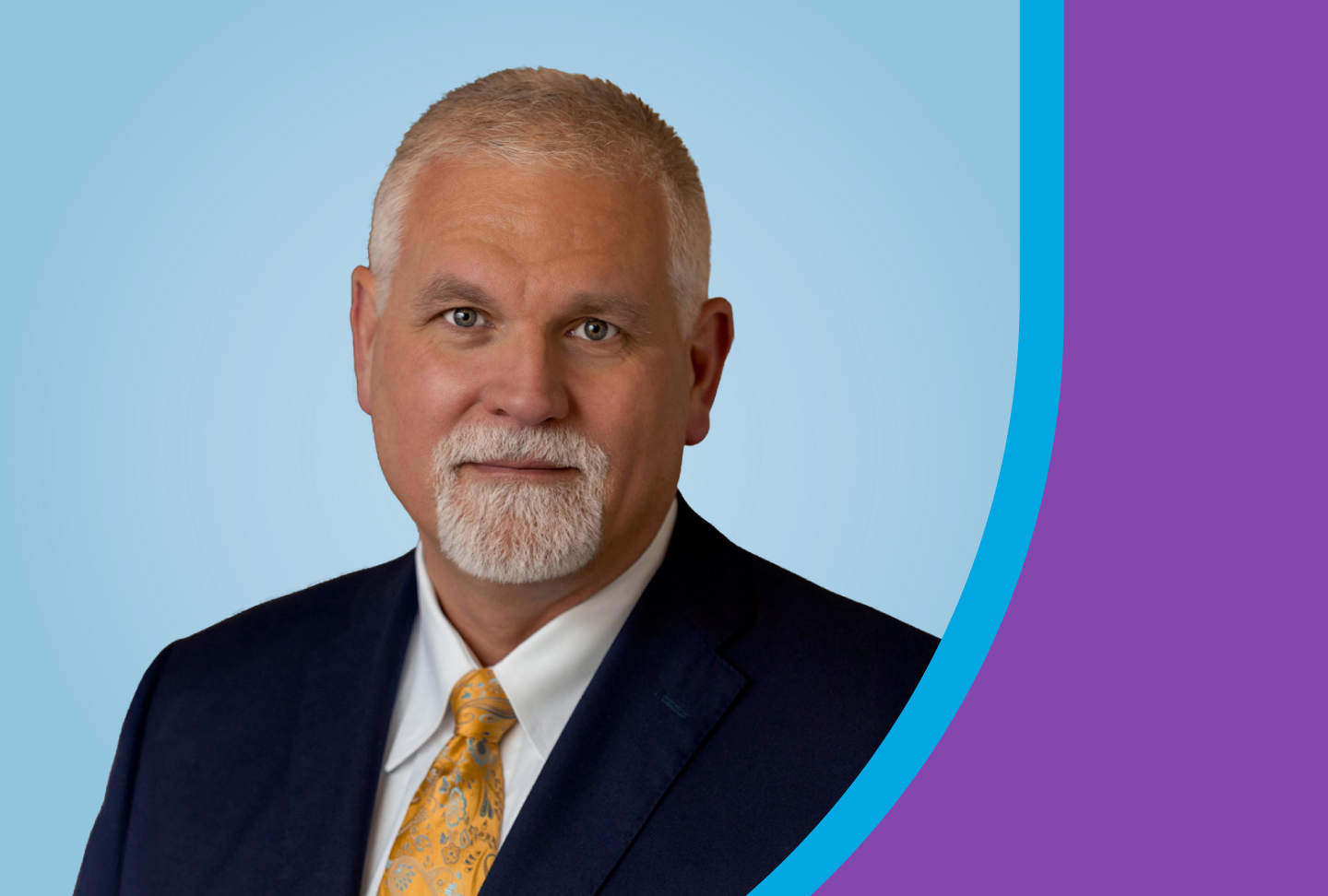Whether it’s your first time on campus or you’re a seasoned college student, the start of a new school semester can be exciting, stressful and a little scary all at the same time.
Between finding classes on campus and fitting in with new friends, you may be feeling anxious about the upcoming semester. Keep in mind, new-school-year nerves are normal and there are resources to help you—including a check-up with your Wellstar primary care physician as well as on-campus counselors.
“Anxiety often goes unrecognized and undiagnosed,” said Wellstar Physician Dr. Andrew Doyle. “It’s not always recognized or talked about because people think it’s a normal part of life. But when anxiety interferes with completing homework, socializing or working at your job, it’s not necessarily normal. It’s helpful to have someone check it out.”
Signs of anxiety can also include difficulty sleeping, abdominal pain, headaches, significant changes in appetite or an explosive temper.
“There are effective treatments that make a difference for students including lifestyle changes, medication and therapy,” Dr. Doyle said.
Getting enough sleep, exercise and healthy food are highly important, and Dr. Doyle also recommends planning downtime from social media and life responsibilities.
“Therapy and role-playing can help you recognize your stressors and think through how to handle them ahead of time so you can face those situations,” he said. “For example, on exam day, start with positive self-talk. You can say, ‘I’m feeling nervous. I have a headache and an upset stomach. I know that’s because I’m anxious. I’ve taken many tests before and I can do this so I don’t need to worry about it.’ Breathing exercises before the test can help you stay calm. You can also plan ahead of the test to do something enjoyable afterward and to focus on that instead of the stressor.”
To help you start the semester off feeling mentally strong and physically healthy, here are some wellness tips to get you off to your best school year yet.
Study guide to stay healthy
From medical appointments to personal safety, follow our tips to prepare for college and prioritize your health.
- Take control of your health. Book your annual physical with your primary care physician at the start of the semester.
- Make mental health a priority. Get sufficient sleep, exercise and nutrition. Bring up any questions or concerns about stress, anxiety and depression with your primary care clinician.
- Recognize anxiety and manage it. When you recognize a situation that triggers anxiety, start positive self-talk and deep breathing.
- Schedule in self-care. College can be intense. Make time for yourself to do things you enjoy for your mental and physical well-being.
- Stay organized. Use a planner or calendar to schedule classes, exams and study time to keep yourself on track.
- Set roommate rules. If you’re living with roommates, create clear rules for your space like noise levels, chores and when other friends are allowed over.
- Know your surroundings. Get familiar with the campus layout and where the security station or emergency phones are located.
- Use the buddy system. Stay alert on campus and walk with a friend when possible, especially at night.
- Protect yourself at parties. Never leave drinks unattended, whether you’re hanging out at a bar, party or other gathering with friends.
Get ready for campus life
Heading to college can be a big transition, and you may feel anxiety about the upcoming changes, especially during a pandemic. But don’t be afraid to ask for help if you need help getting ready or adjusting.
Talking to your Wellstar is a great place to start, whether your concerns are about physical, emotional or mental health. Our health partners are here to support you and can connect you with specialists to keep you feeling well.
Book your annual physical today and be sure to bring up any questions or concerns you have with your doctor.




